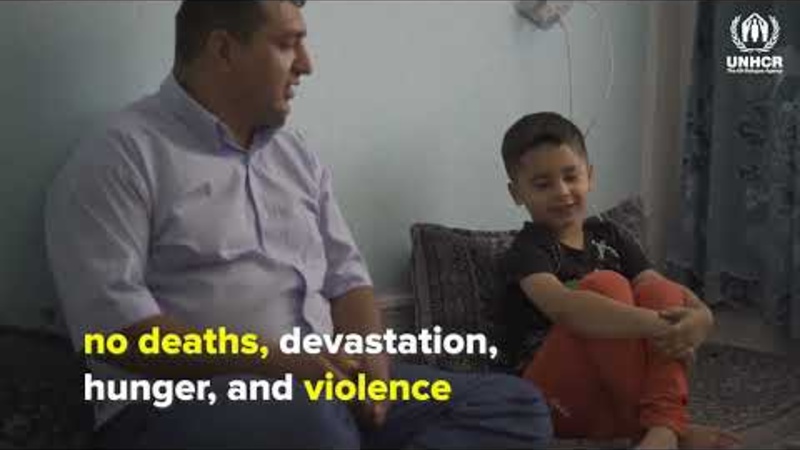"Home is not where you are born, home is where all your attempts to escape cease"
"Home is not where you are born, home is where all your attempts to escape cease"
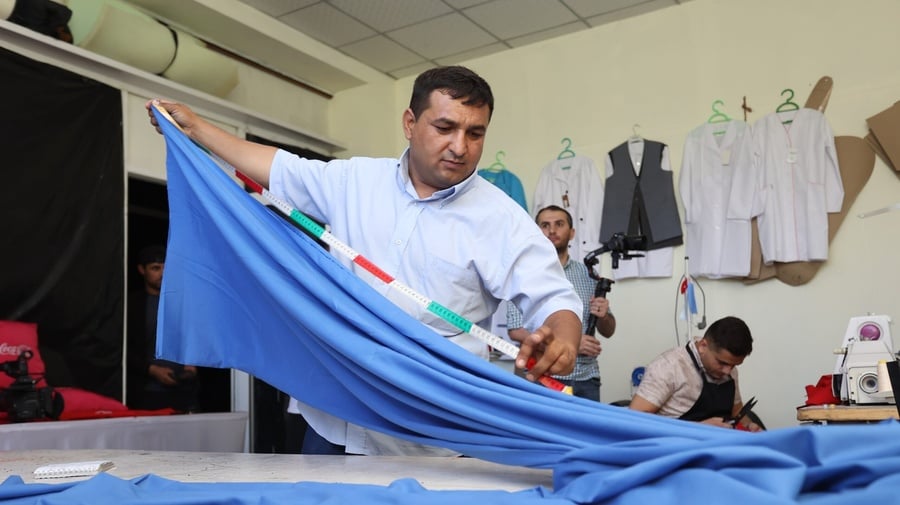
Being concerned for his own life and the safety of his loved ones, 33-year-old Afghan refugee Abdul Muhammad Navobi had to leave his parents, friends, work and home in the Afghan province of Parwan, to move to another country.
“We came to Tajikistan from Afghanistan in 2017. Living in Afghanistan holds a lot of uncertainty as you do not know what might happen to you the next day. Everyone knows what kind of situation is there now - constant murders, robberies, and incessant shootings and explosions.”
In Tajikistan, Abdul Muhammad found a second home. Here he continued to do what he has been passionate about, and he did it quite successfully. He is a tailor.
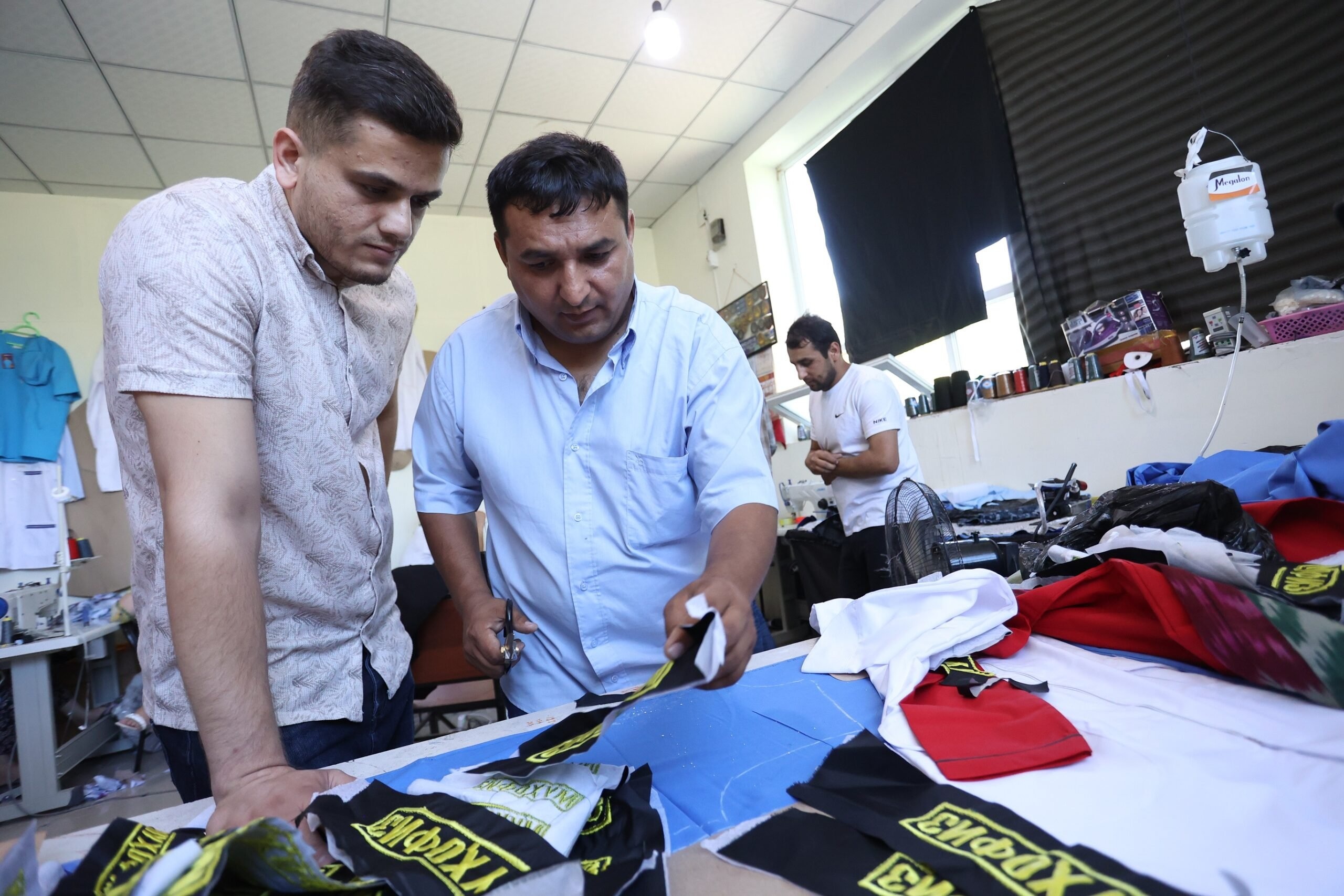
As time passed, he managed to settle down and even teach his skills not only to his compatriot Afghans, but also to local Tajik women.
“I consider Tajikistan my second homeland, as we feel supported by both the people and the government here. Since we are ethnic Tajiks, it was easier to settle down, as we speak the same language and maintain good relations with our neighbours. We managed to find a place to live and everything we needed for a normal life.”
As the saying goes, “Home is not where you are born, home is where all your attempts to escape cease.”
Having sewing skills and practice in running his family’s fabric store in Afghanistan, Abdul decided to continue his family business here. During the period he lived in Tajikistan, according to Abdul, he taught around 400 local Tajiks, as well as Afghans, the subtleties and basics of this profession.
“Here we produce almost everything - from pea-jackets to school uniforms, sundresses, pillowcases, medical gowns, and uniforms for various professions. I used to cut the fabrics and then pass them on to other seamstresses for further stitching. Everyone has their job. Someone scribbles, someone overlocks.
We also tailor Afghan national clothes, at the request of our compatriots who live in Canada.”
Abdul has three children - two sons and a daughter. His youngest child, a son, was born in Tajikistan. His children have been growing up healthy and happy because they do not see the grief and tears that their parents experienced while in Afghanistan.
However, things did not go so smoothly from the start. Starting a new life in an unknown country and adapting to new conditions is always very hard, but the difficulties never frightened Abdul. He grew up in a country that has been at war for 40 years. He was ready for anything. The most important thing he wanted was to live where there are no bombings, no daily deaths, no devastation, no hunger, and no violence. He was looking for a safe harbour where his family could live in peace and his children would have a happy childhood. Abdul believed that everything else can be overcome.
“In the beginning, of course, there were some difficulties in finding housing and other arrangement. For about three months we didn’t go anywhere, we didn’t know anyone. In addition, it was necessary to find a job to somehow sustain our lives.”
While seeking a job Abdul was advised to approach one of the textile companies in Dushanbe. He was initially refused , but Abdul insisted to be given a chance to demonstrate his capabilities right there, and if they did not like his work, he would leave.
“I sewed a school uniform, they looked at it and said they would ask the management if they could hire a citizen of another country and let me know…”
But there was no answer.
About a month later, Abdul again came to the same textile company as he had no money to pay for the apartment, the children had to be placed in a kindergarten, and he needed to send money to his parents, underage brothers, and sisters who remained in Afghanistan. It turned out that his insistence had not been in vain.
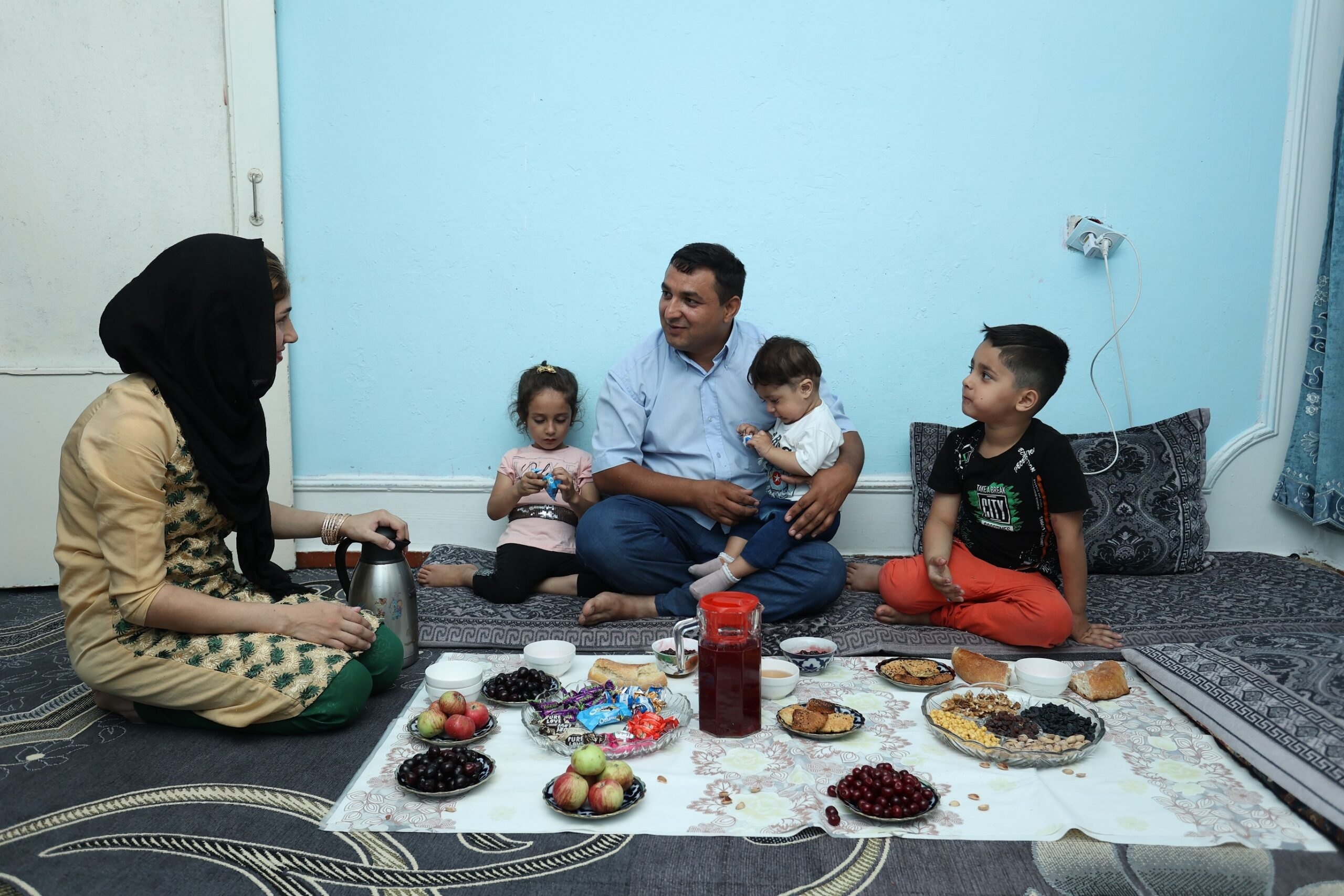
“This time I was hired temporarily. To earn more, I worked two shifts in two different workshops. This way, I managed to save some money and buy a sewing machine, which I used to sew at home at night. After some time, I bought another sewing machine, which allowed me to leave the textile factory and shift to the clothing market.”
“I want to contribute to the development of Tajikistan.”
There, Abdul continued his work by hemming or shortening trousers or altering other clothes. “So, I gradually increased the number of sewing machines and began to think about how to rent a room and hire employees.”
“At first, there were only me and my brother, who came with me from Afghanistan. Over time, we managed to recruit several women, both from among the local Tajiks and Afghan refugees. Thank God everything is fine now, although it cannot be said that there are no problems at all. At the beginning of my entrepreneurial activity, UNHCR provided small technical support in the form of a special typewriter. Today we need modern equipment that could contribute to the development and expansion of our activities. If other organizations could help us, we would employ more people, and be able to contribute even more to the development of the country.”
Although many problems are behind, there is still much ahead of him. Abdul understands that he will not be able to return to his homeland, and he no longer dreams of it.
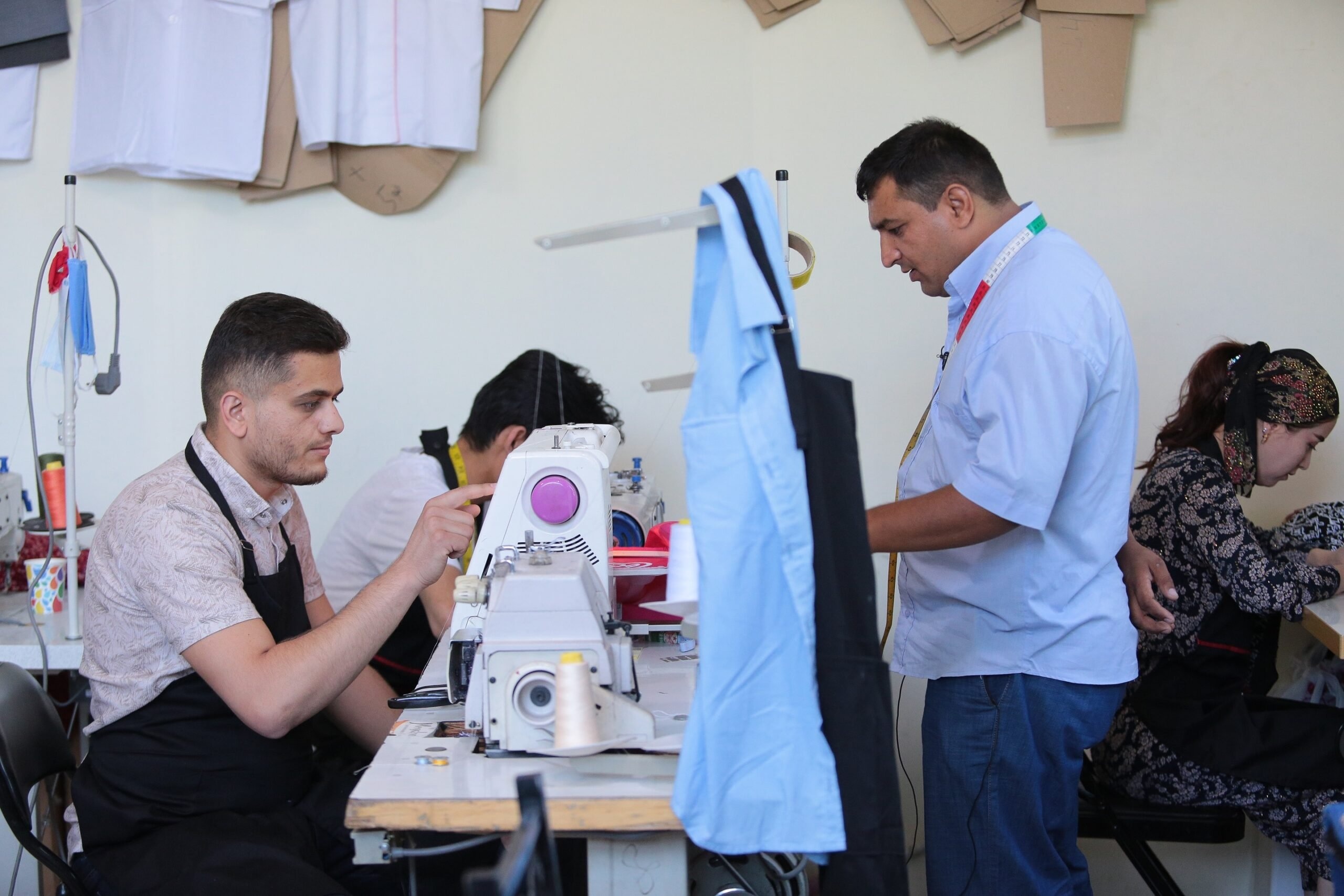
In consultation with refugees, UNHCR in Tajikistan continues to explore long-term solutions for them. The national refugee legislation in Tajikistan guarantees asylum seekers and refugees the right to work and run entrepreneurial activities.
At the same time, opportunities to acquire Tajik citizenship for refugees remain unavailable.
UNHCR in Tajikistan implements livelihoods programs for refugees by supporting vocational training, apprenticeship programs, job placement, and allocating small grants for business development and self-employment opportunities with the aim of enabling refugees to become economically self-reliant.


